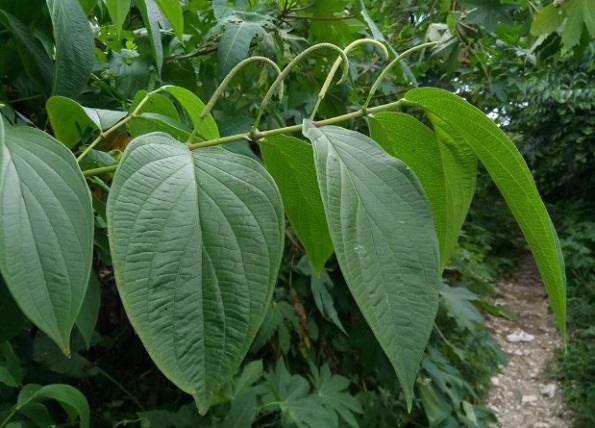Nikhil Prasad Fact checked by:Thailand Medical News Team Nov 17, 2025 3 months, 1 week, 1 day, 1 hour, 31 minutes ago
Medical News: A New Natural Hope Against Malaria
Scientists from multiple leading Brazilian institutions have uncovered compelling evidence that a rare Amazon plant compound can strongly suppress the dangerous malaria parasite Plasmodium vivax. This
Medical News report highlights how researchers from the Universidade do Estado do Amazonas, Universidade Federal do Amazonas, Instituto Nacional de Pesquisas da Amazônia, Fundação Oswaldo Cruz Fiocruz Amazônia, and Fundação de Medicina Tropical Dr Heitor Vieira Dourado discovered potent antimalarial activity in the essential oil of the herb Piper alatipetiolatum and its major phytochemical molecule, 6-ishwarone. Their findings provide new scientific support for exploring Amazonian plants as future drug sources.
 Amazon Plant Compound Shows Strong Action Against Malaria Parasite
A Powerful Compound Hidden in an Amazon Plant
Amazon Plant Compound Shows Strong Action Against Malaria Parasite
A Powerful Compound Hidden in an Amazon Plant
Researchers extracted essential oil from the leaves of Piper alatipetiolatum, a plant native to the Amazon rainforest, and isolated the compound 6-ishwarone, which makes up nearly 80 percent of the oil. The oil and the purified compound were then tested directly on fresh blood samples collected from malaria-infected volunteers. In these experiments, 6-ishwarone showed impressive power in stopping the parasite from maturing, achieving near-complete inhibition at higher concentrations. The essential oil also demonstrated strong activity, although the purified compound was clearly more potent.
Safe for Human Cells Yet Deadly to Malaria
An important part of the study was determining whether this phytochemical compound harmed human cells. Laboratory safety tests using Vero kidney cells and human immune cells showed extremely low toxicity. Even at high doses, 6-ishwarone maintained cell survival above 94 to 98 percent. This selective action—strongly inhibiting the parasite while leaving human cells unharmed—is a key requirement for developing safe new antimalarial medicines.
How 6-Ishwarone Attacks the Parasite
Computer-based molecular docking studies revealed why the compound works so well. 6-Ishwarone attaches tightly to an enzyme called dihydrofolate reductase (DHFR), which the parasite needs to produce DNA and multiply. By blocking this enzyme, the compound disrupts the parasite’s ability to replicate. It binds more strongly to DHFR than existing reference inhibitors, suggesting it could serve as a valuable chemical foundation for new drug design. Tests showed weaker binding to another parasite enzyme, LDH, confirming DHFR as the main target.
Conclusion
The combined laboratory and computational results reveal that 6-ishwarone is a promising natural lead for future antimalarial drug development. It is effective against P. vivax, displays minimal toxicity to human cells, binds strongly to a critical parasite enzyme, and possesses favourable absorption and safety characteristics. While more research is needed, including animal studies and clinical evaluat
ion, this discovery opens a hopeful pathway toward new malaria treatments inspired by Amazon biodiversity.
The study findings were published in the peer reviewed journal: Biomedicines.
https://www.mdpi.com/2227-9059/13/11/2785
For the latest on Malaria, keep on logging to Thailand
Medical News.
Read Also:
https://www.thailandmedical.news/articles/herbs-and-phytochemicals
